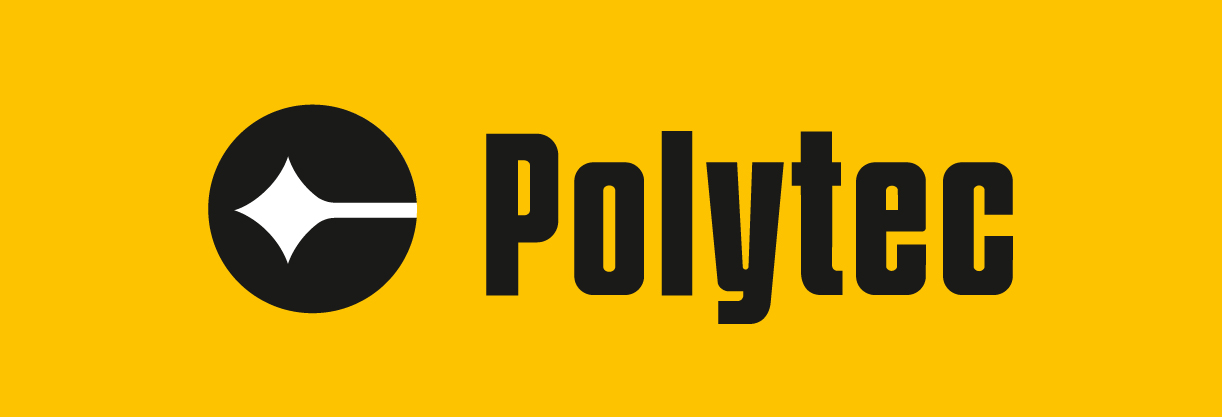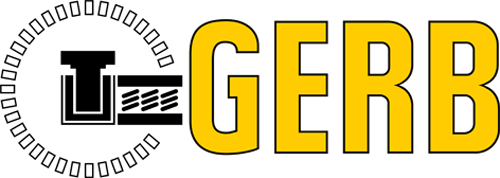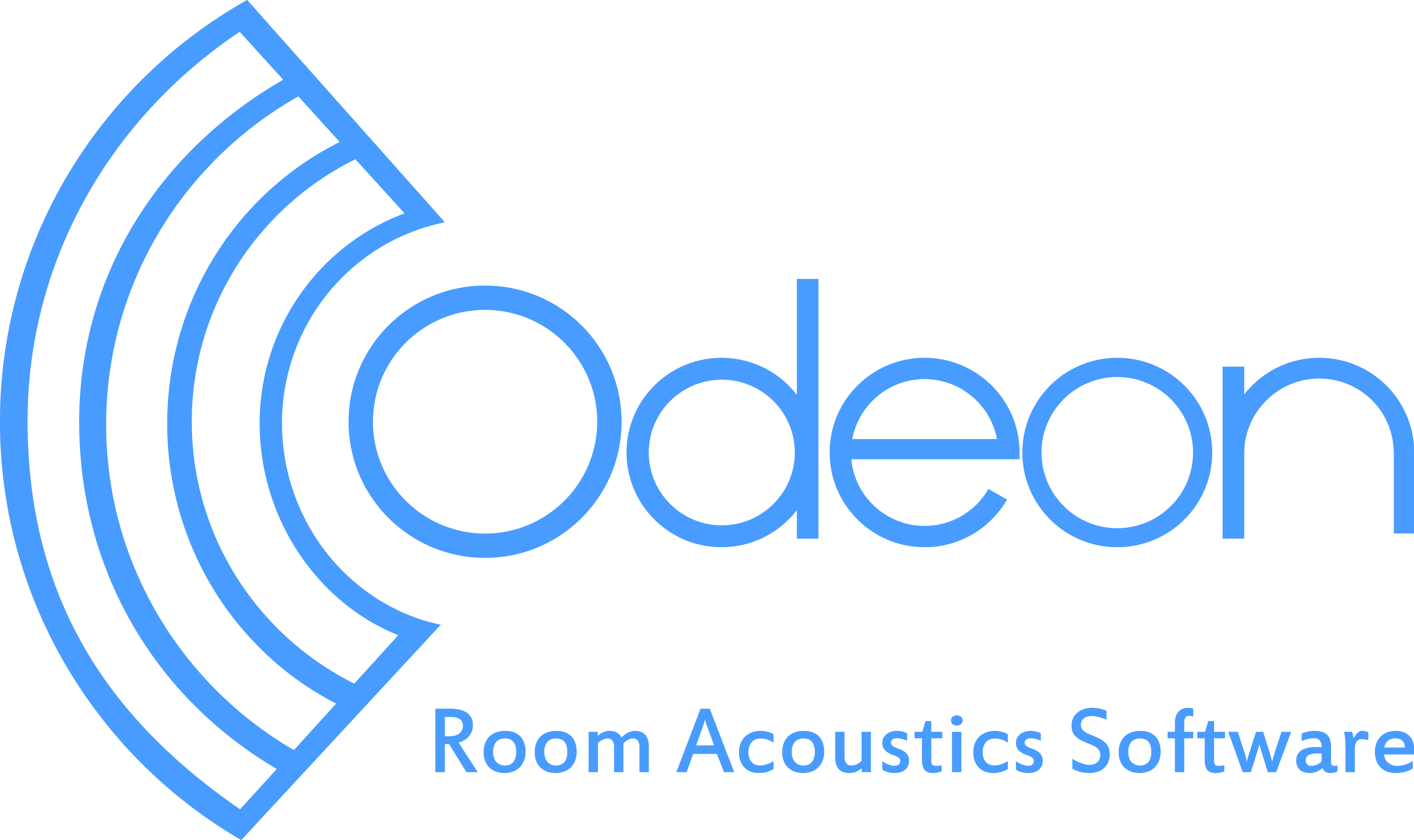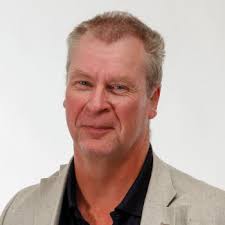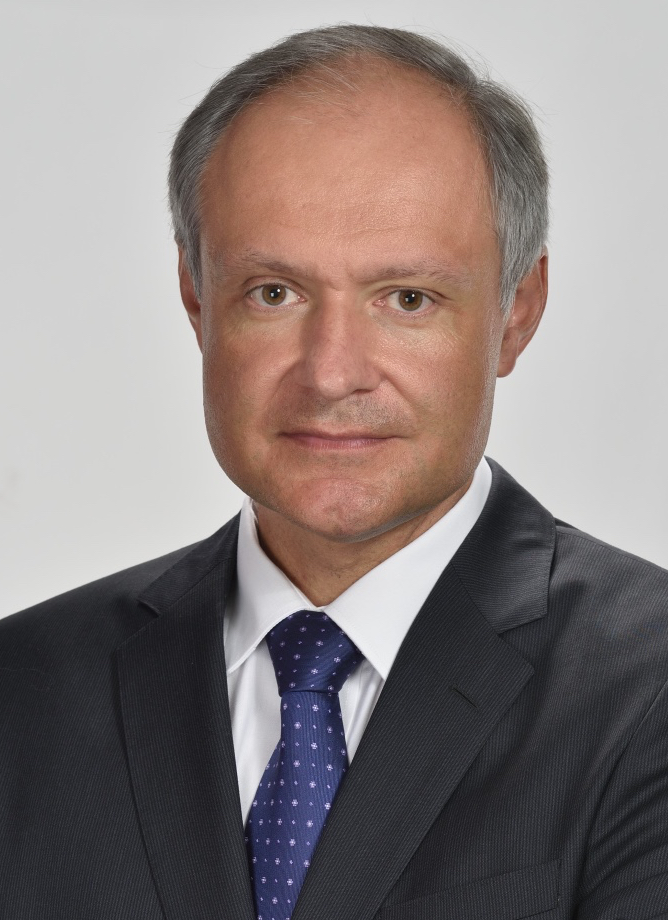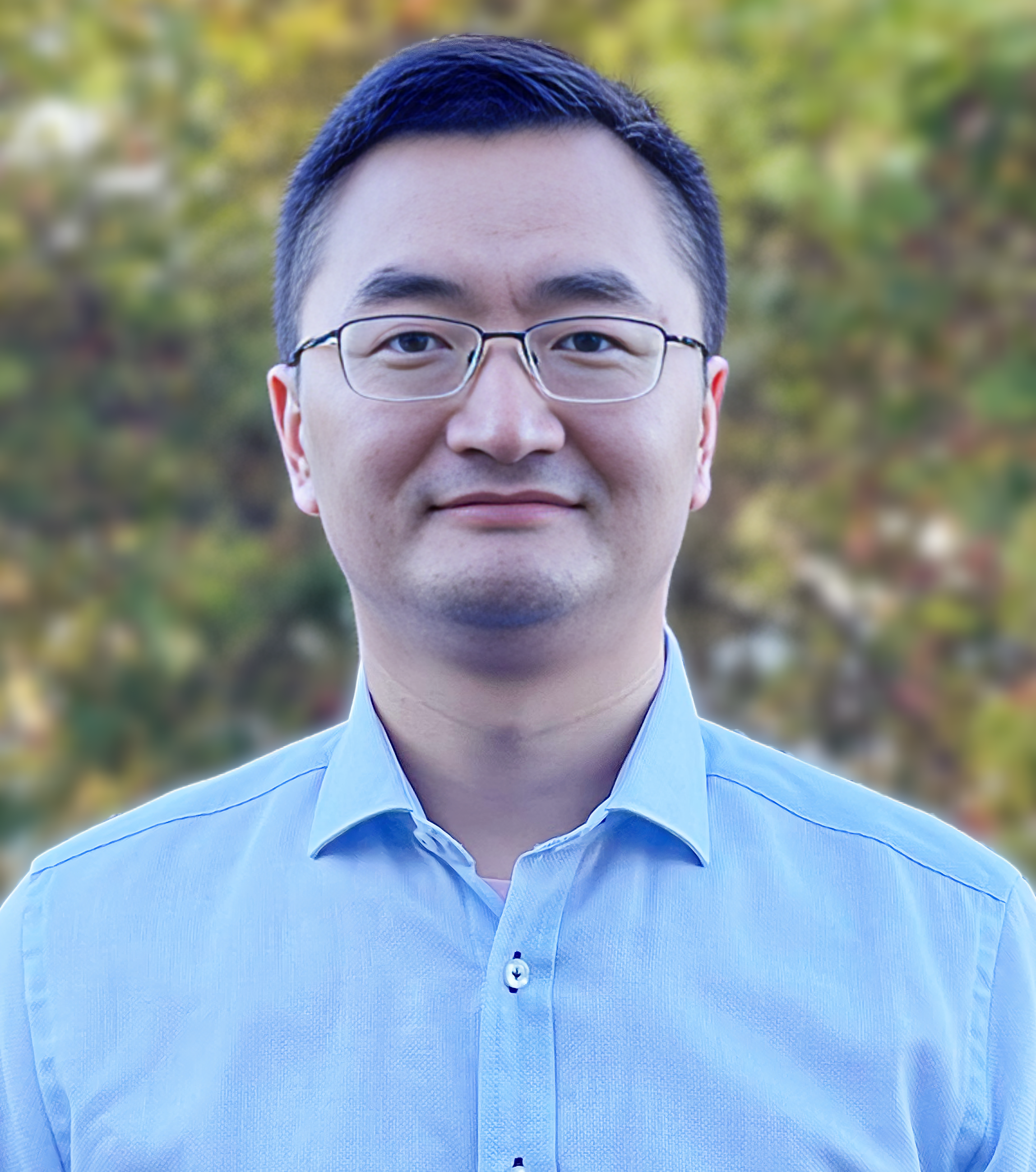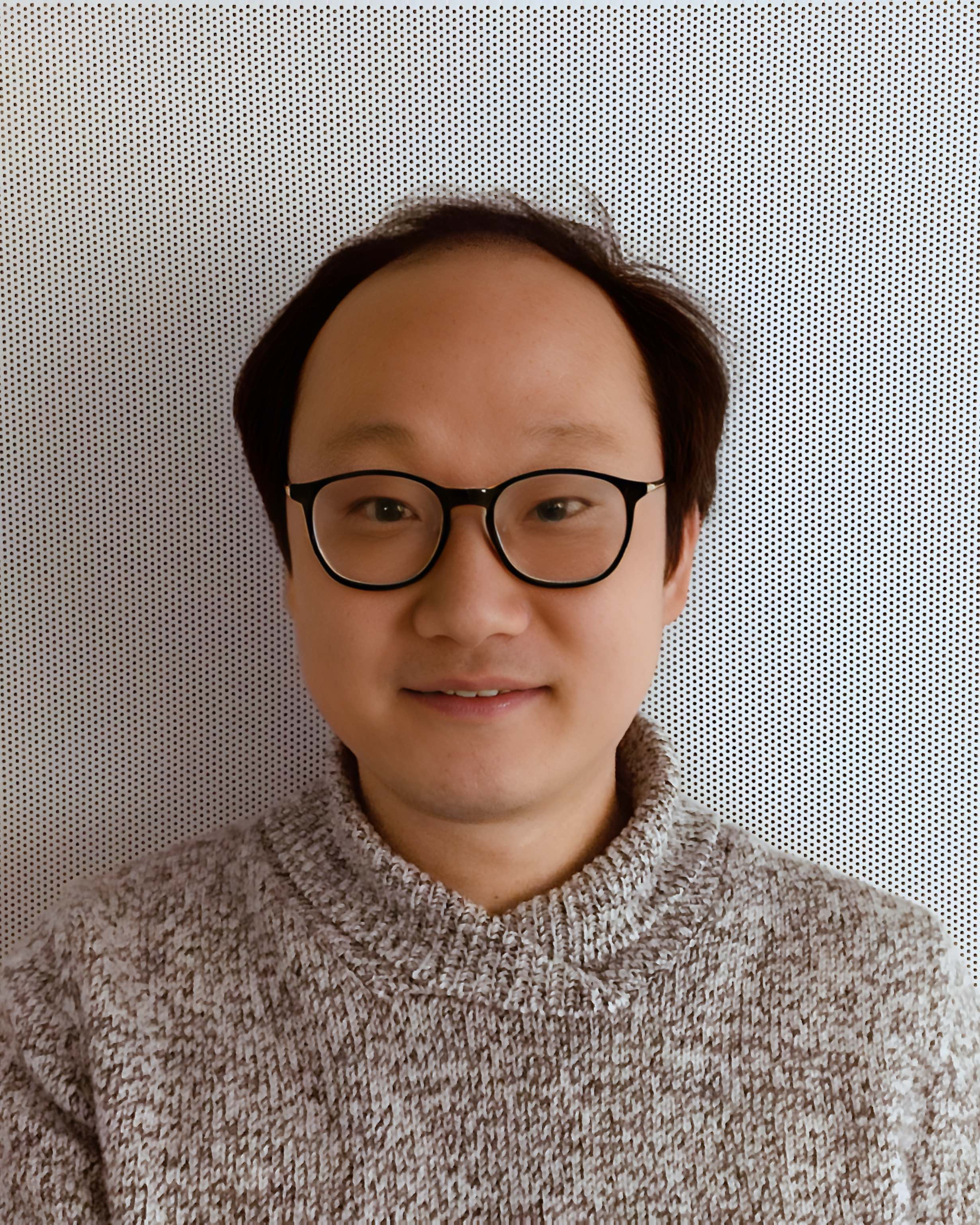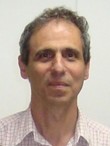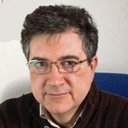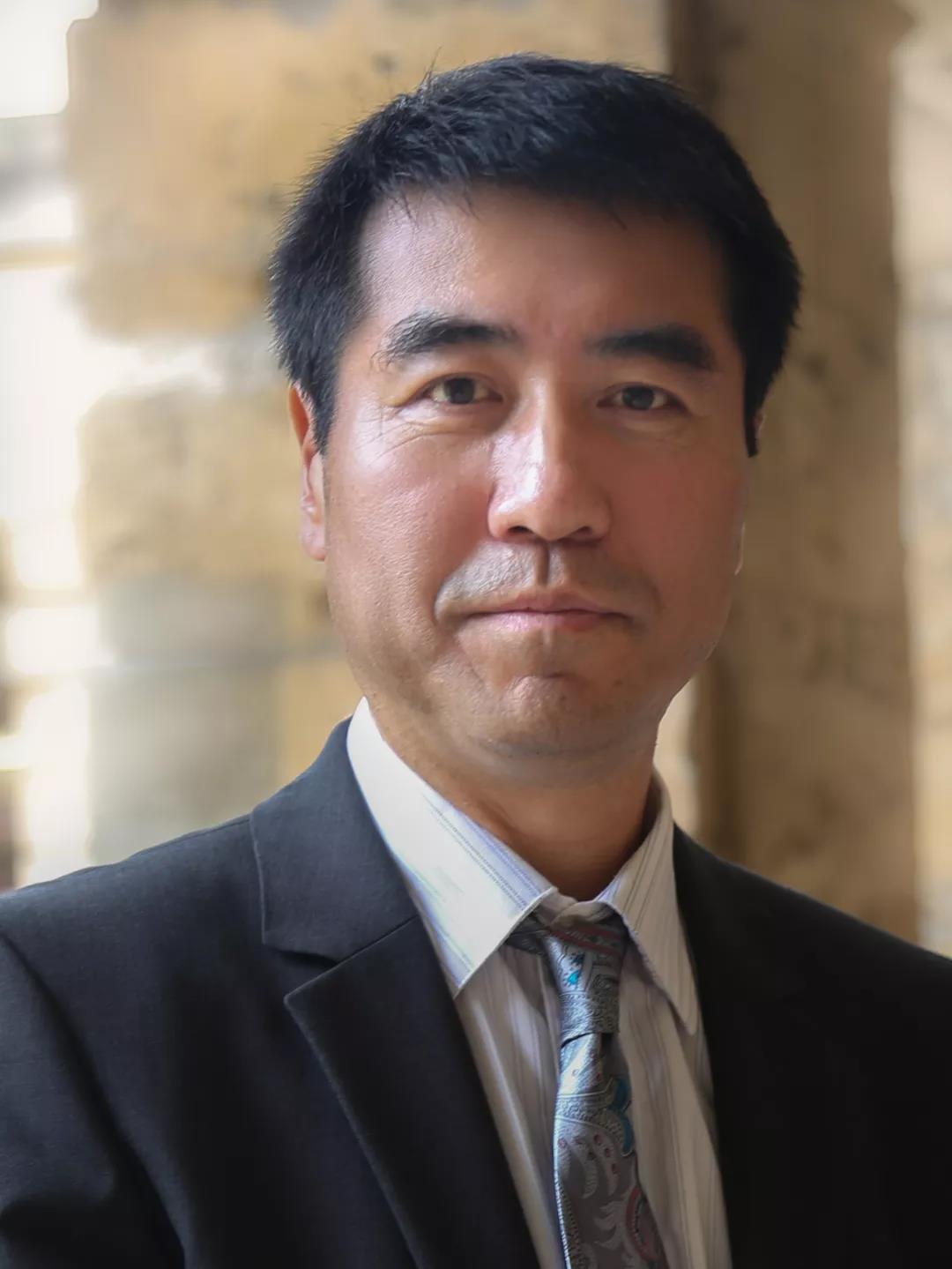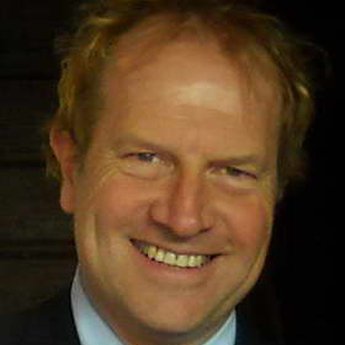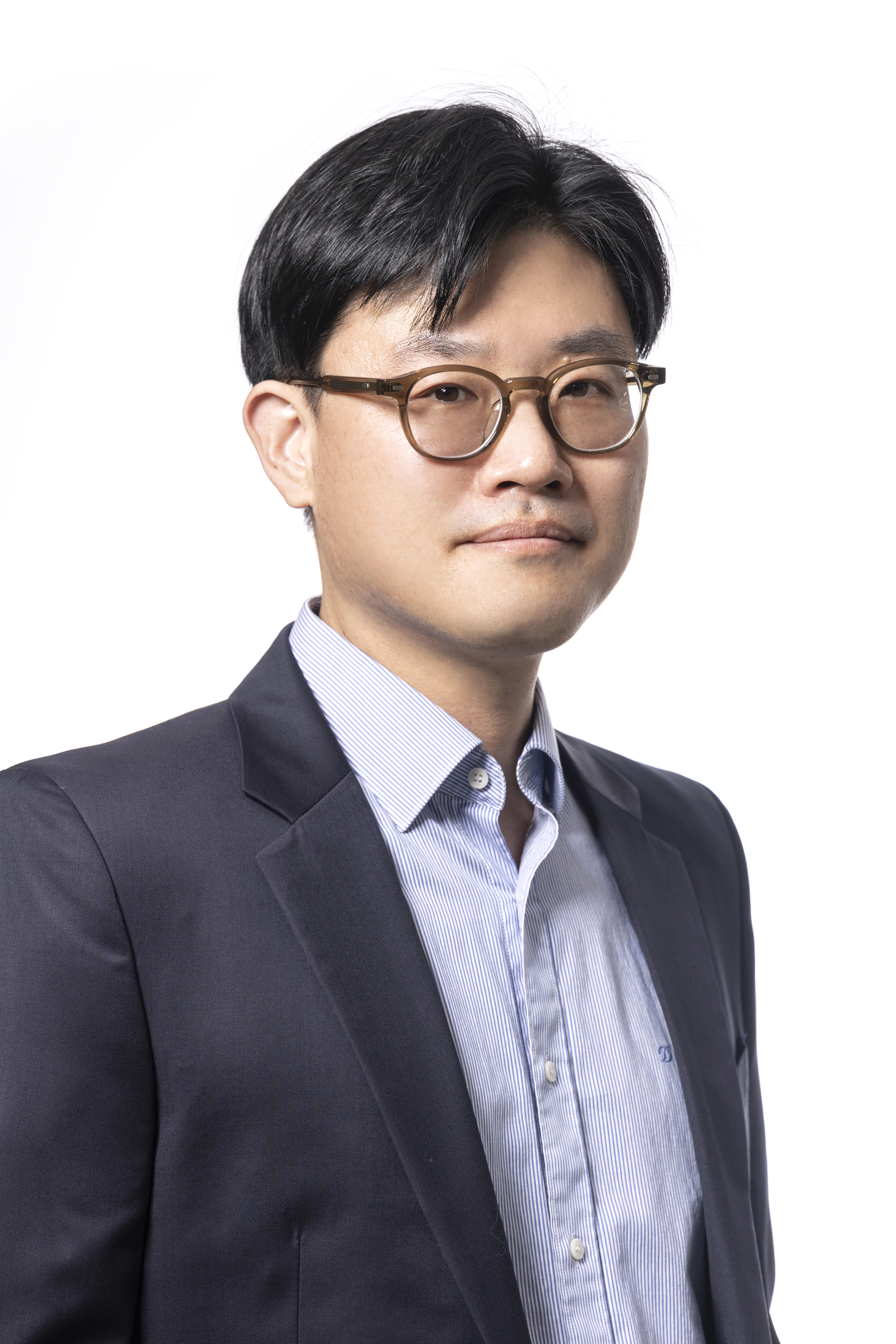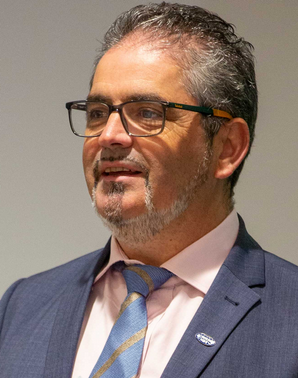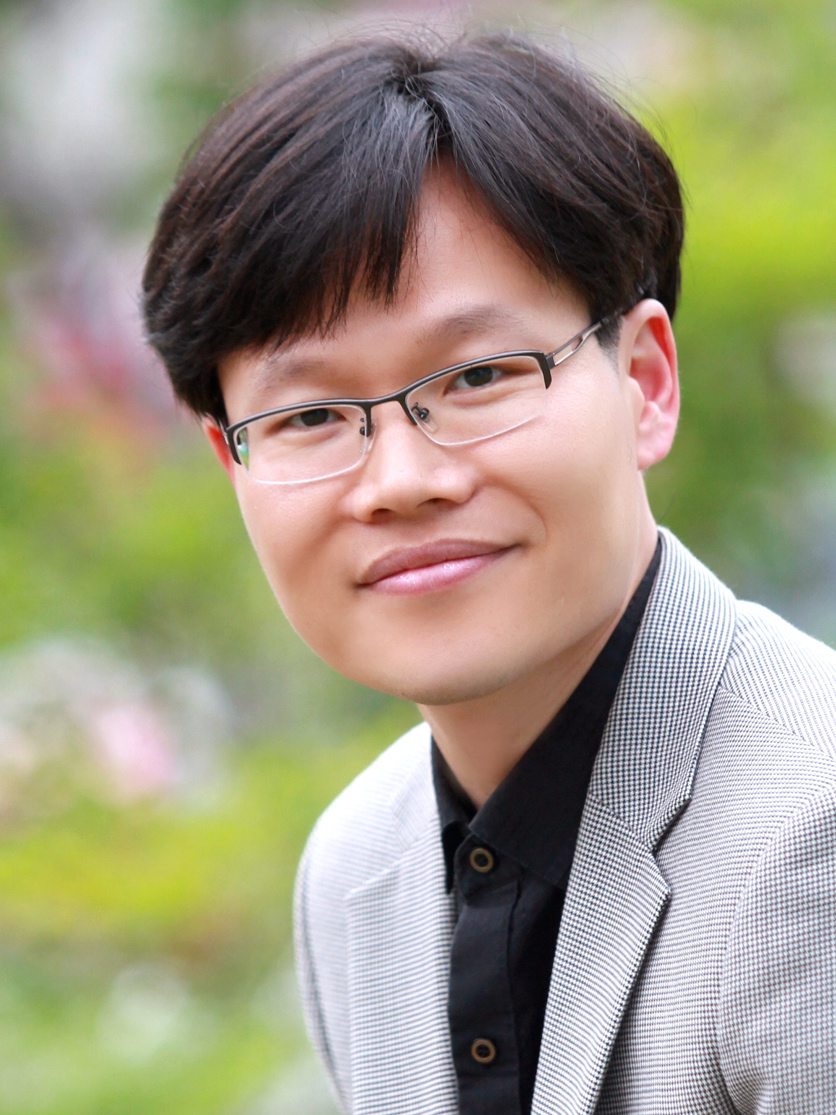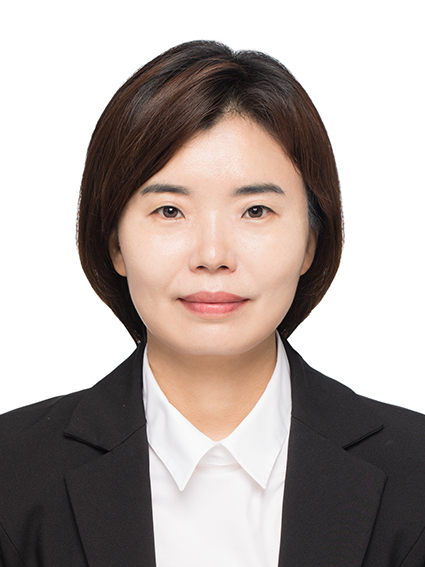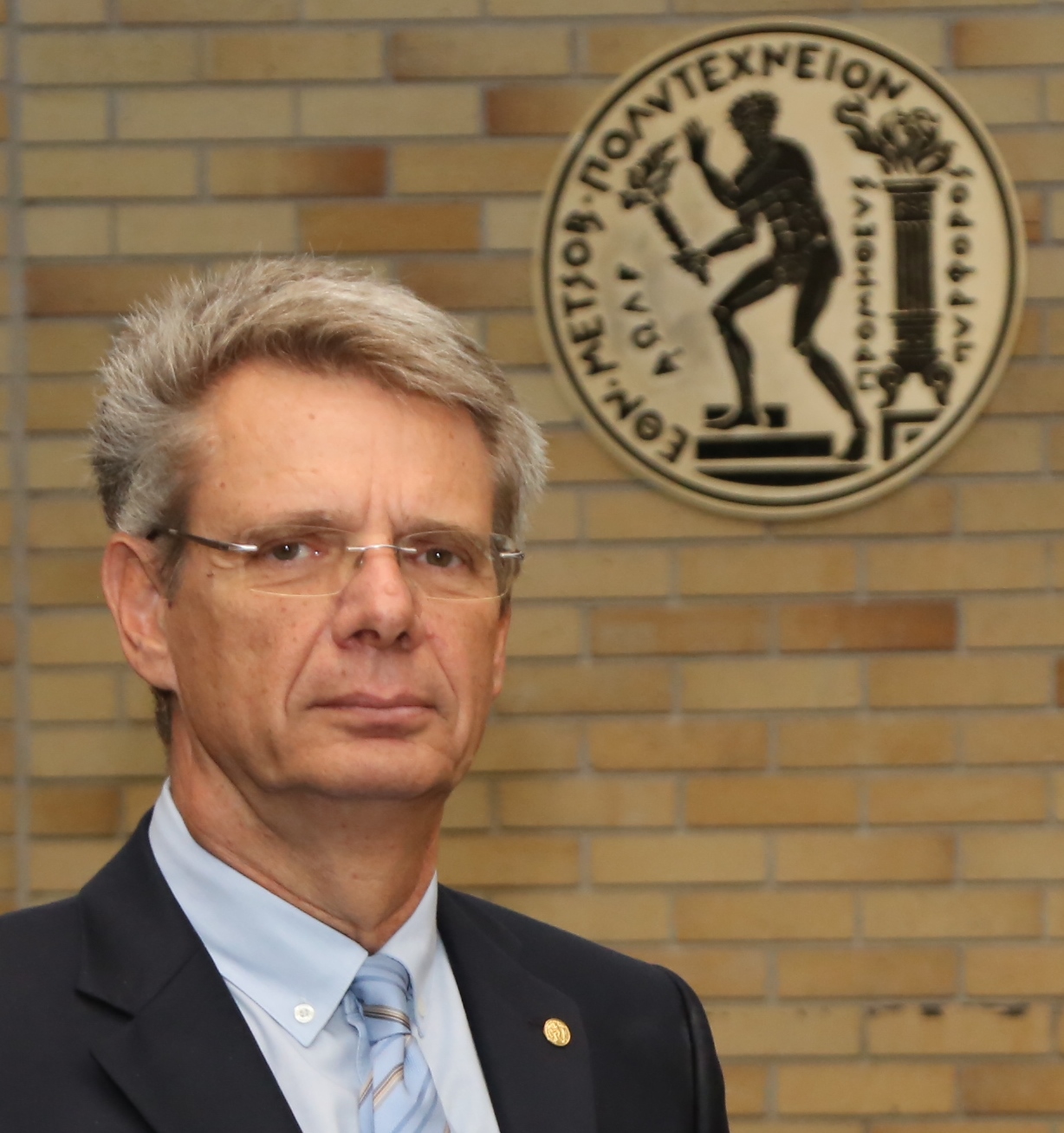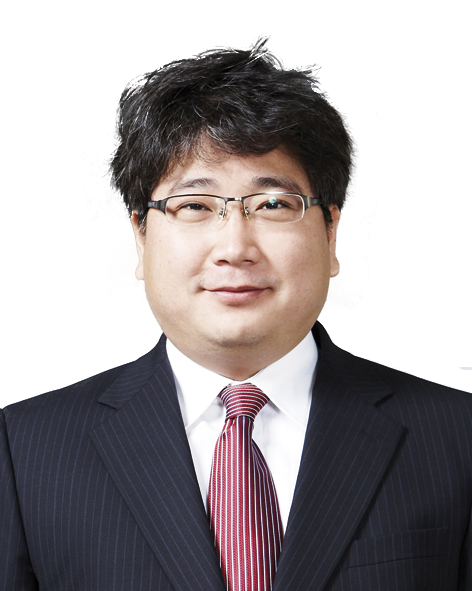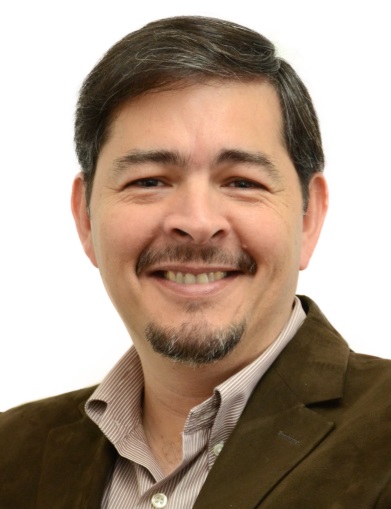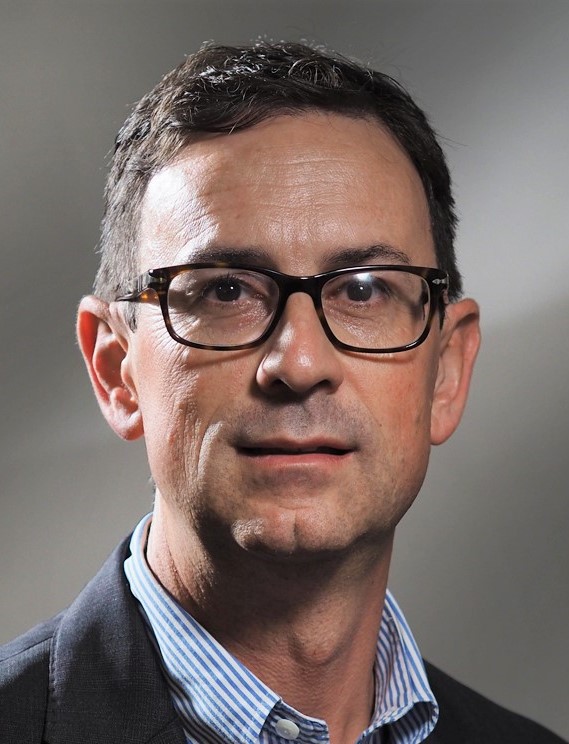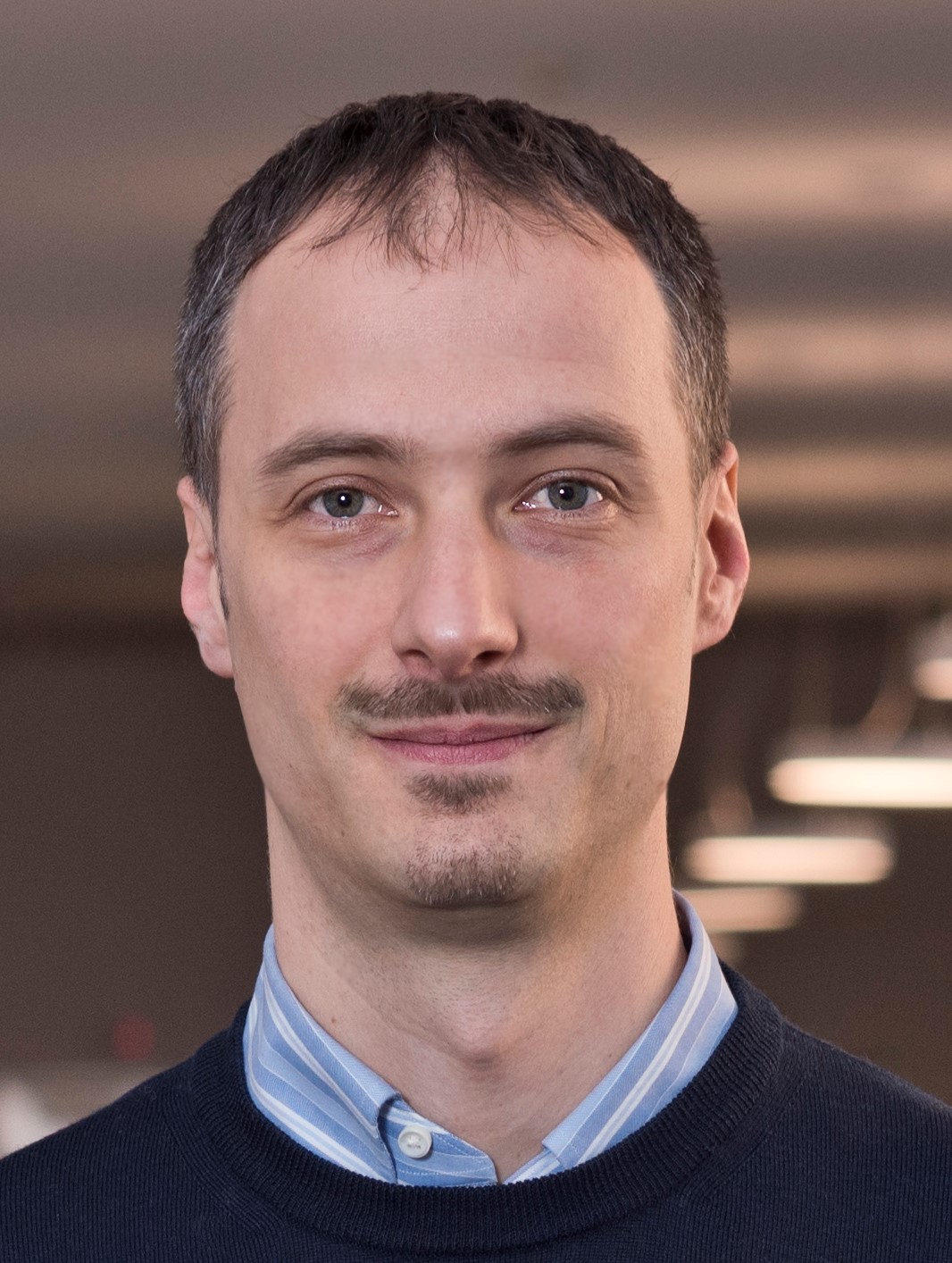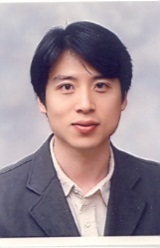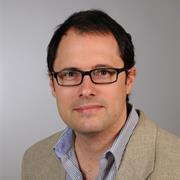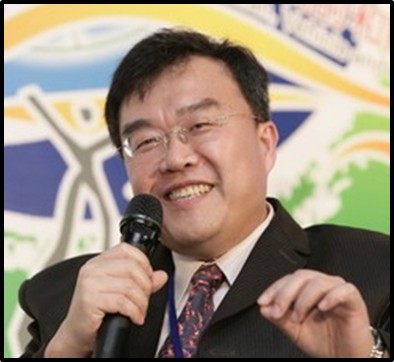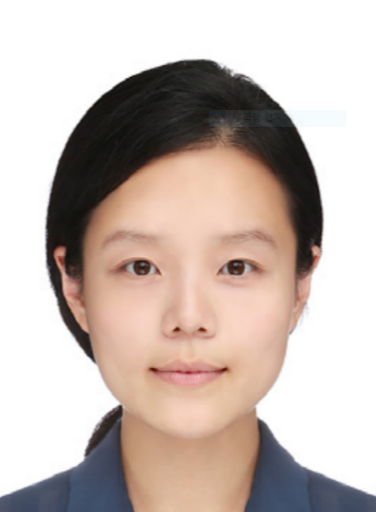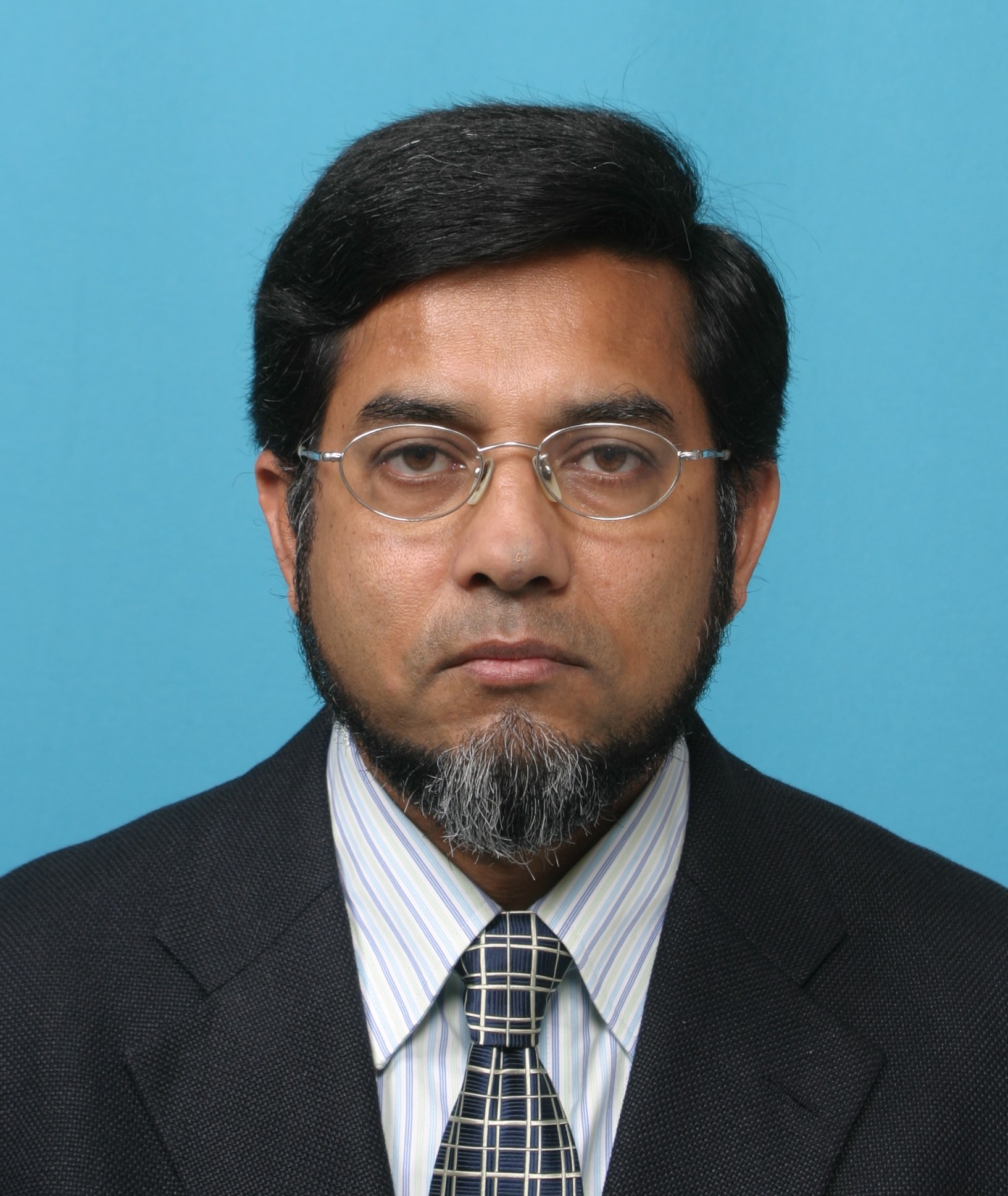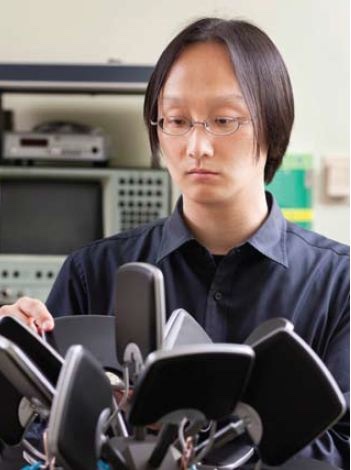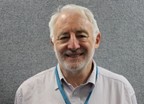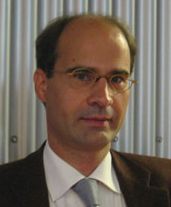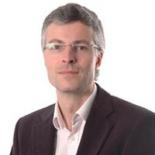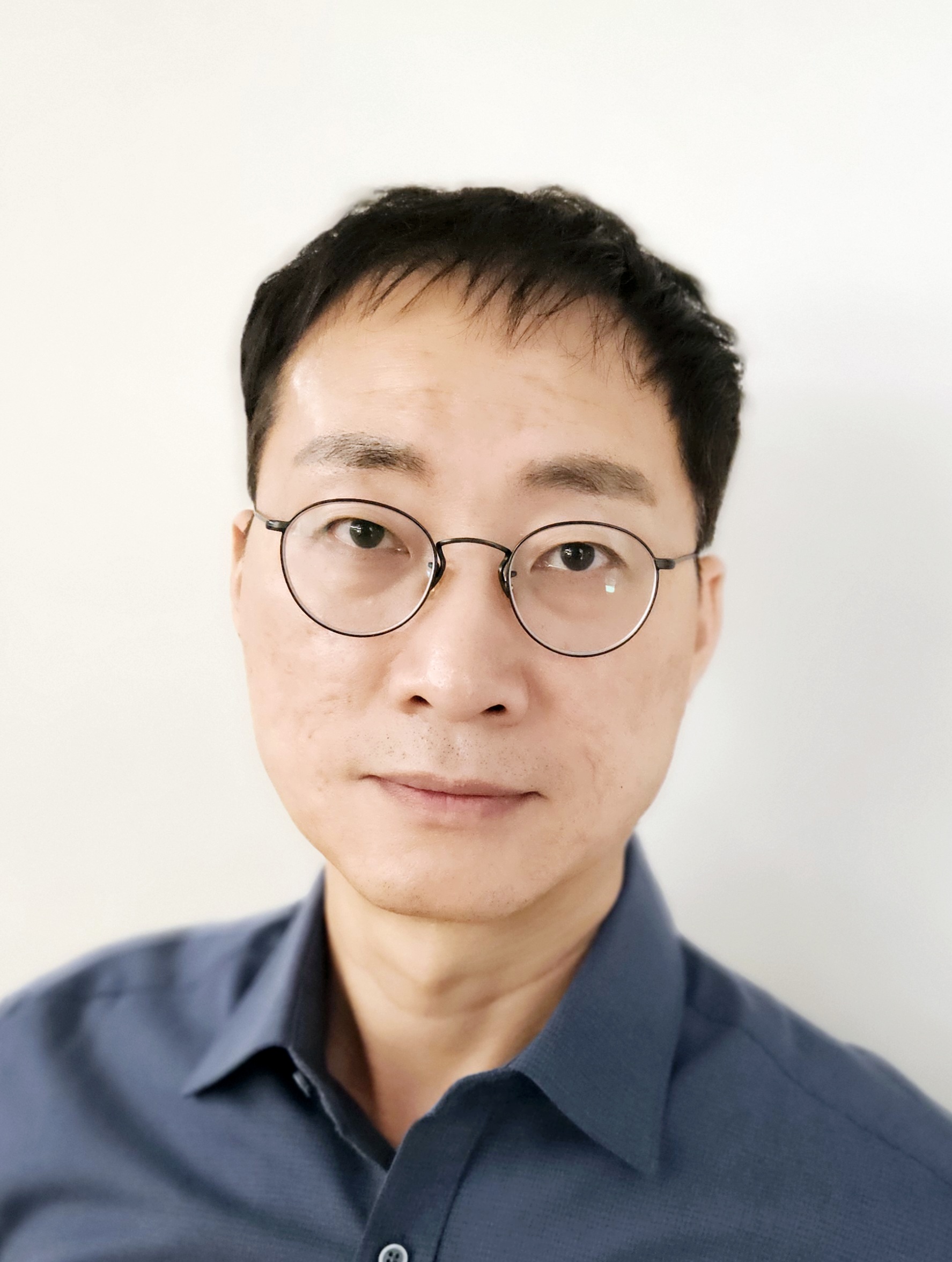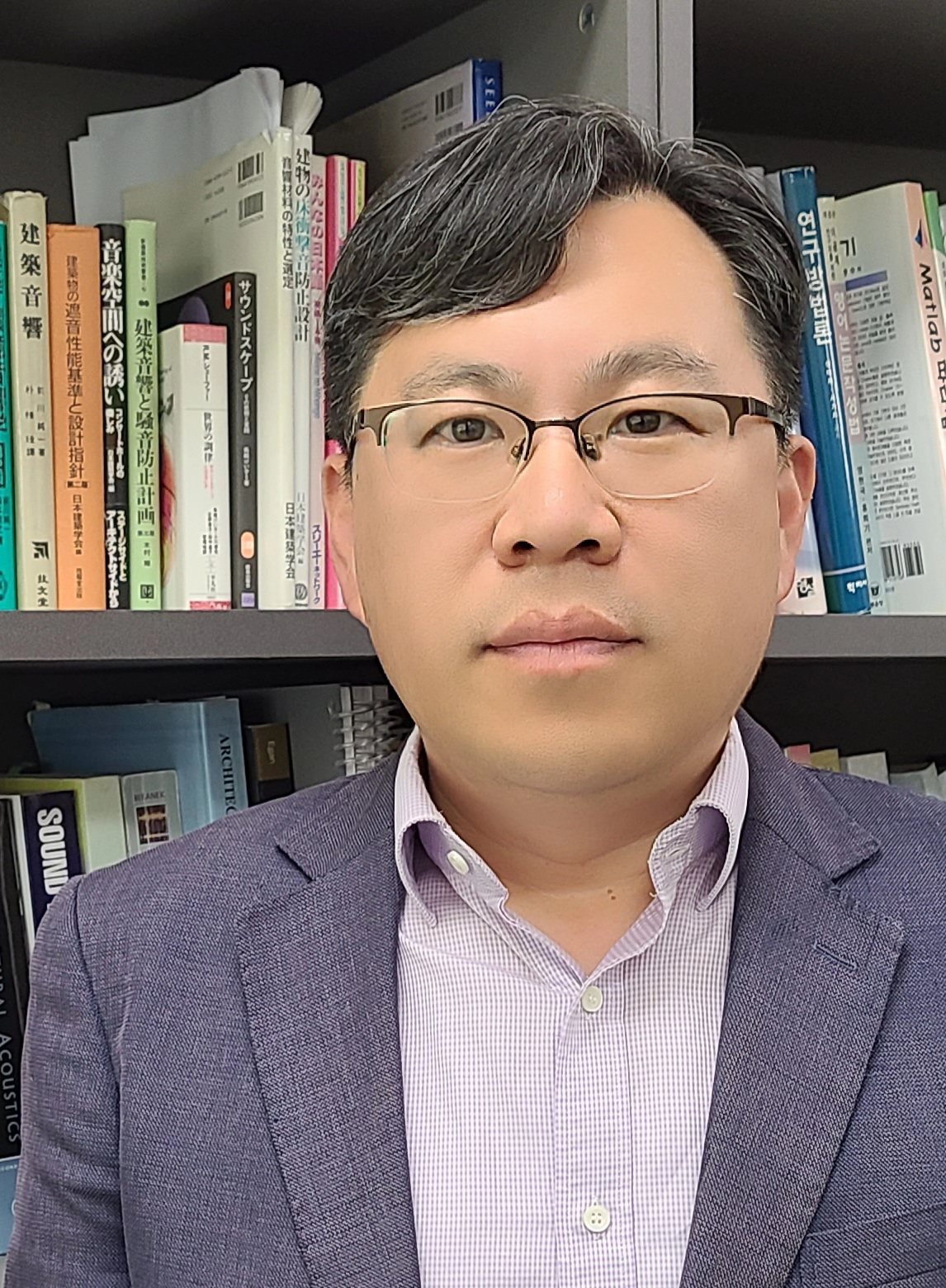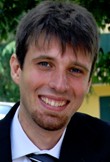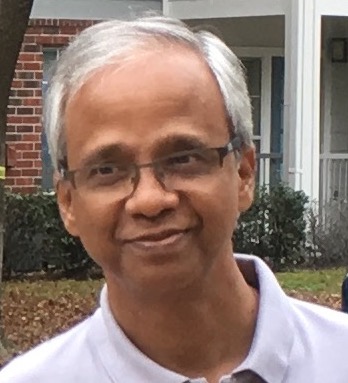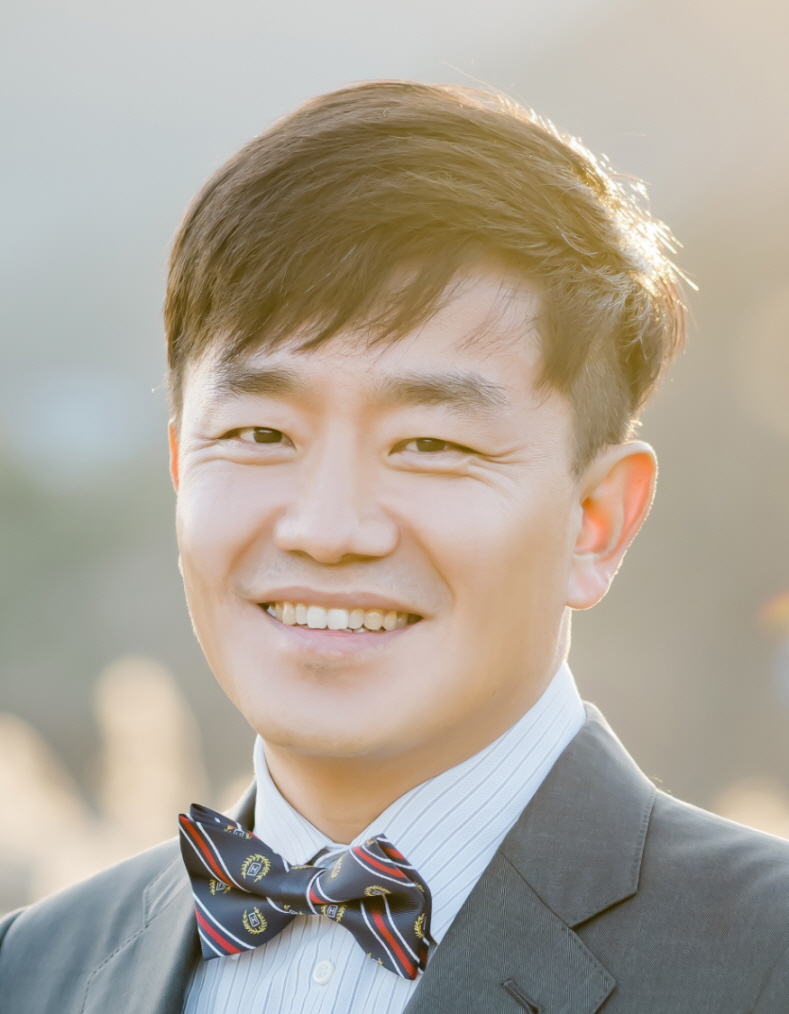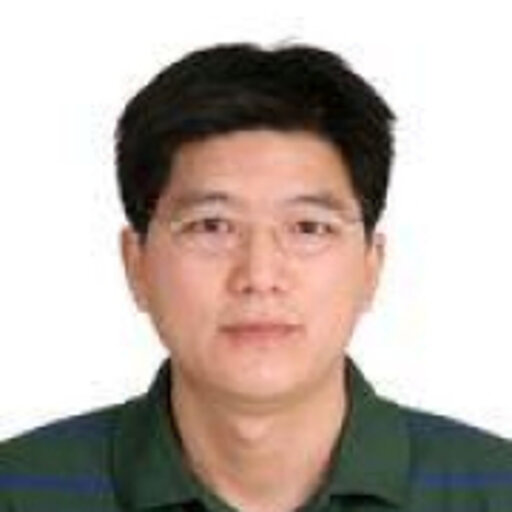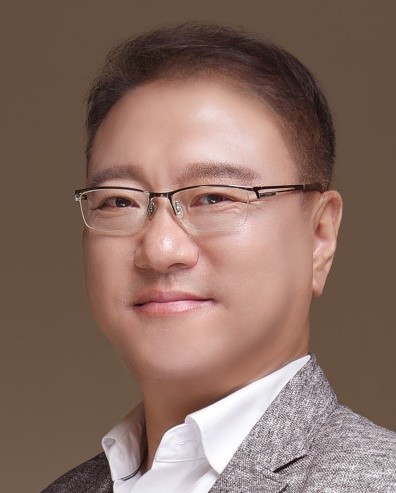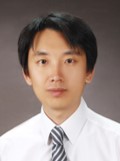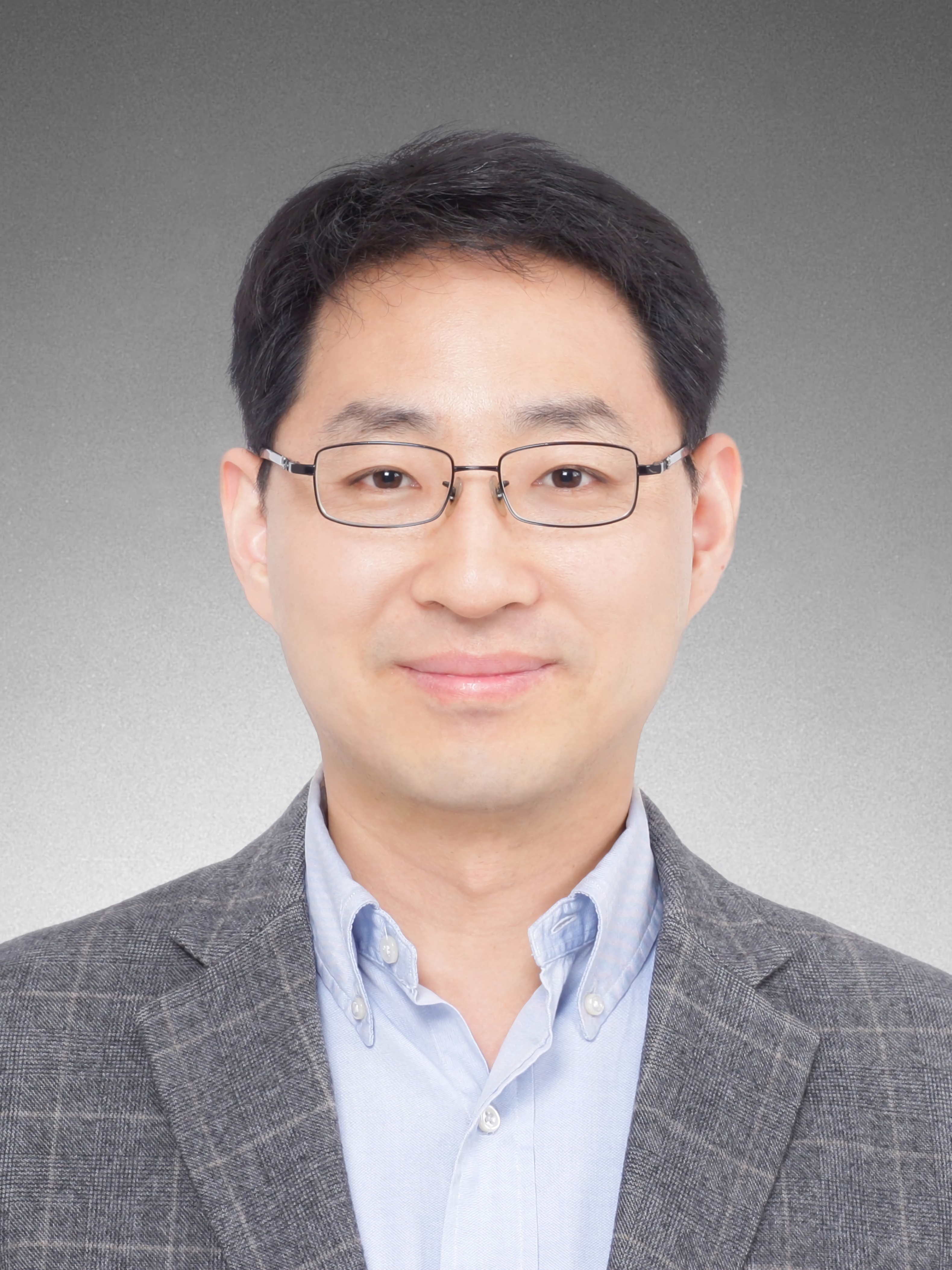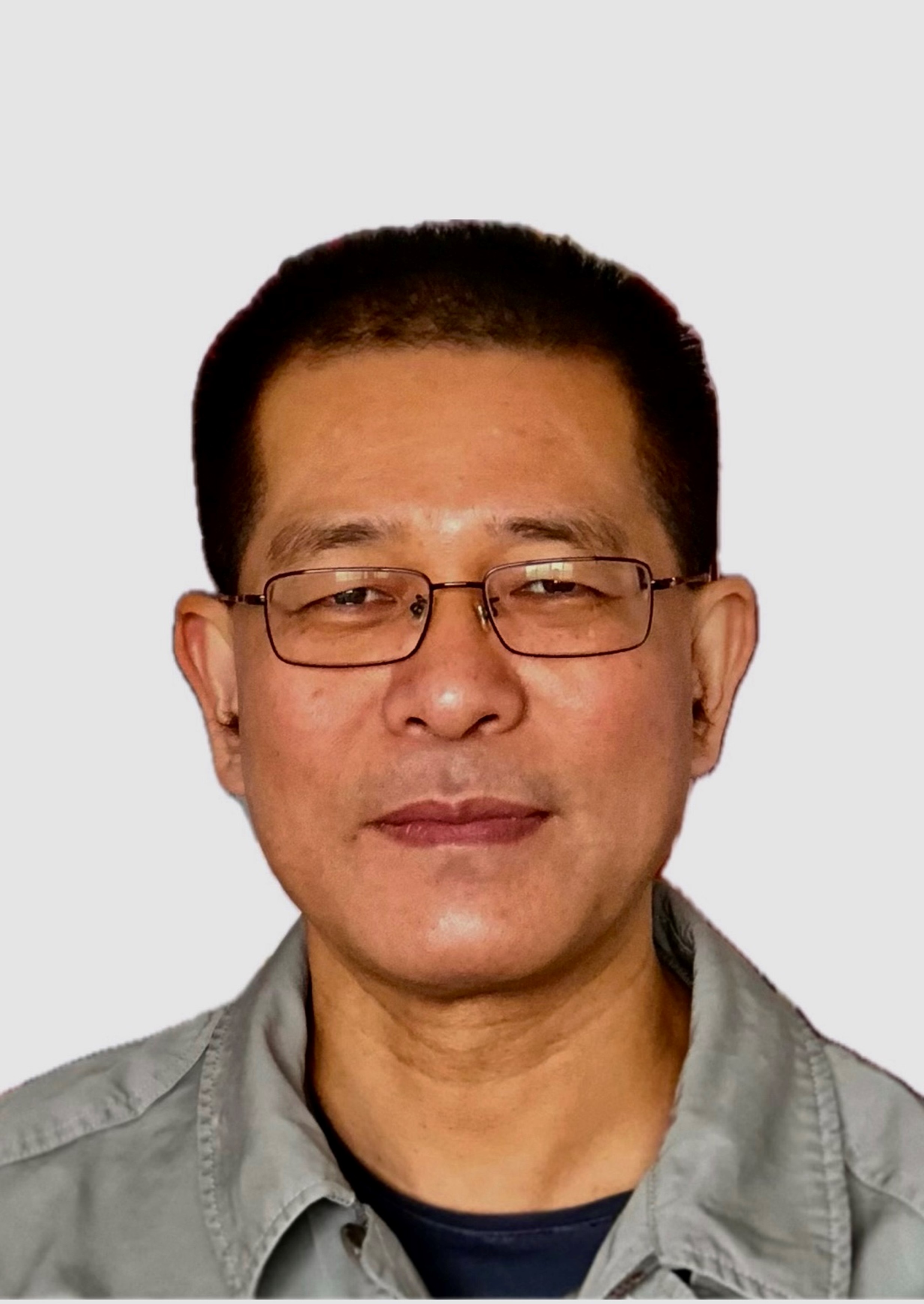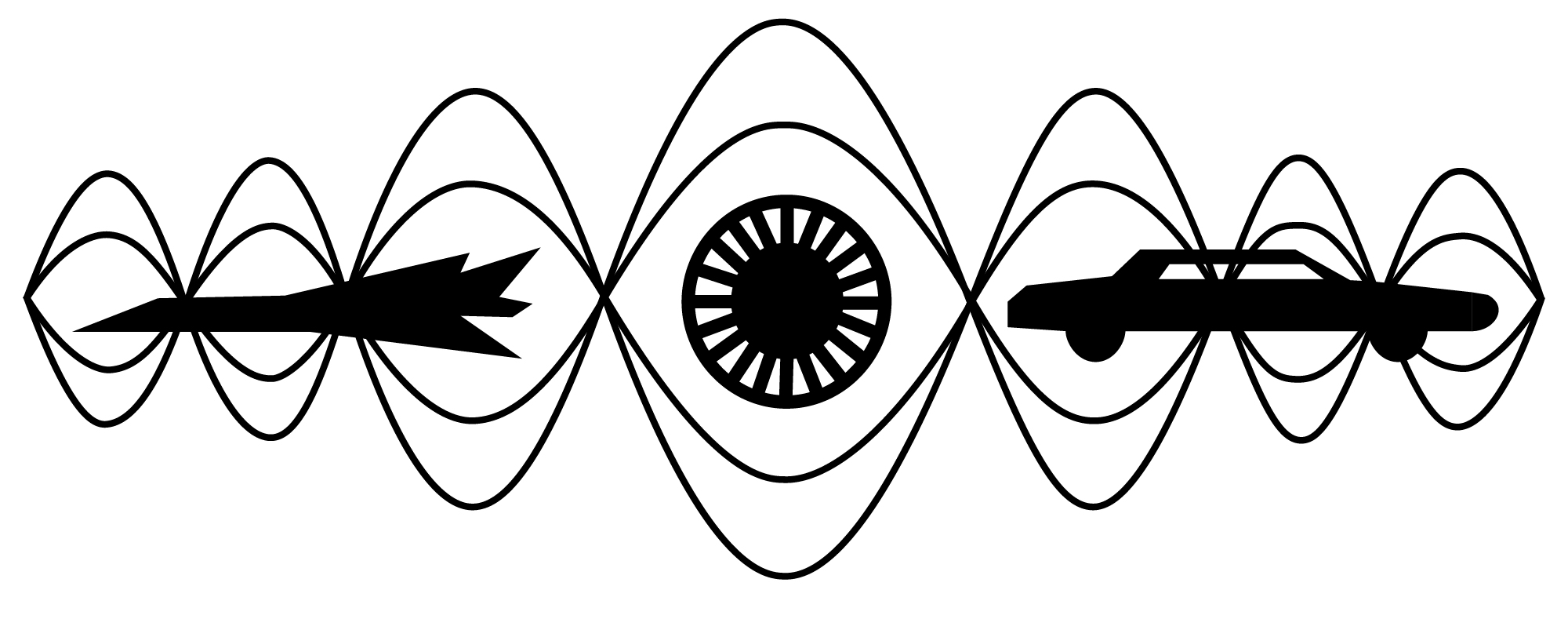- Homepage
- Scope of the congress
- Key Dates
- Congress Venue
- Distinguished Plenary Lectures
- Brochure
- Local Organising and Scientific Committees
- International Organising Committee
- International Scientific Committee
- Program at a Glance
- Scientific Programme
- Presentation Guidelines
- Abstract Submission
- Submitted Abstracts
- Paper Submission
- AI Challenge
- Industry Tour
- Registration Fees and Details
- Registration
- Accommodation (Hotels)
- Accommodation (Dormitory)
- Invitation letter and Visa
- Sponsorship & Exhibition
- Exhibitors & Sponsors
- Student Paper Award
- Terms and Conditions of Attendance
- Publication Ethics and Malpractice Statement
- Editorial policy
- Contact Us
- FAQs
- IIAV
In order to cover the broadest range of high-level technical contributions from all over the world, the Scientific Programme is structured into 14 Theme Areas (T), that include several Structured Sessions and Regular Sessions.
| Theme Area T01 | Acoustical and Vibration Measurement and Instrumentation |
| This theme area covers all aspects related to the measurement of sound and vibration. It includes sessions concerning traditional measurement instruments, but also proposals concerning new measurement concepts: new transducers, new mathematical algorithms, new acoustical parameters, or new applications of traditional technologies for multimedia and virtual reality. | ||||||||||
|
Within this Theme Area different sessions are already planned. Regular Sessions
Structured Sessions
| |||||||||||
| Theme Area T02 | Active Noise and Vibration Control |
| The theme includes any concept or device that requires a combination of actuators (loudspeaker, piezoceramic, inertial actuator...), sensors (accelerometer, microphones...), and control units for real-time signal processing. The theme includes active and semi-active control of sound and vibration, and their applications in smart structures, smart earplug, smart headset, mechatronics etc. Presentations can include conceptual systems design, theoretical development, algorithms design and practical implementations of active control systems. | ||||||
|
Within this Theme Area different sessions are already planned. Regular Sessions
Structured Sessions
| |||||||
| Theme Area T03 | Aeroacoustics, Thermoacoustics, Combustion Noise, Aircraft Noise and Vibration |
| This subject area includes all aspects concerning sound generated by fluid flow, combustion processes or by the interaction of a flow with surfaces, as well as aircraft noise and vibration. Some examples are the description of source mechanisms or of the propagation in particular situations; jet noise; fan and compressor noise; wind turbines; active or passive control of aerodynamically generated sound and vibration, notably in aircraft, trains, and other vehicles, including space vehicles; analytical and numerical solutions for specific problems. | ||||||||||||||
|
Within this Theme Area different sessions are already planned. Regular Sessions
Structured Sessions
| |||||||||||||||
| Theme Area T04 | Environmental and Community Noise, Soundscapes |
| This theme area covers all aspects of environmental, community noise and soundscape research. These topics include, but are not limited to, environmental noise strategy, the role of sound in urban experience, outdoor-noise propagation, community involvement and soundscape assessments.
| ||||||||||||
|
Within this Theme Area different sessions are already planned. Regular Sessions
Structured Sessions
| |||||||||||||
| Theme Area T05 | Physical Acoustics, Ultrasound, and Wave Propagation |
| All aspects of ultrasonic wave propagation including analytical modelling, numerical modelling, transduction mechanisms, imaging algorithms, quantitative inversion algorithms as well as nonlinear acoustic. This theme is interested in the biomedical, non-destructive testing and structural health monitoring fields of application. | ||||||||||||||
|
Within this Theme Area different sessions are already planned. Regular Sessions
Structured Sessions
| |||||||||||||||
| Theme Area T06 | Industrial and Occupational Noise, Vibration and Health |
| This theme involves hearing loss prevention and protection of workers exposed to occupational noise and vibration. It includes, but is not limited to, the identification of risk arising from noise and vibration at work, the development and improvement of measurement and assessment methods, predictive and modelling methods, hearing protection (measurements, advanced technologies, comfort), hand-arm and whole-body vibration, machinery, and factory noise, etc. | ||||||
|
Within this Theme Area different sessions are already planned. Regular Sessions
Structured Sessions
| |||||||
| Theme Area T07 | Structural Dynamics and Nonlinear Vibration |
| This theme area covers all the aspects of experimental and computational methods of Structural dynamics and nonlinear vibration. The theme area includes (but are not limited to) modal analysis, vibration and control of linear/nonlinear mechanical systems, structural acoustics/vibration, rotor dynamics, fatigue/fracture/joint interfaces, and optimal design/uncertainty quantification. The following recent advanced issues are also encouraged to participate in this theme: Dynamic substructuring and frequency based substructing (FBS), Inverse problems for source or system identification, Machine learning in structural dynamics and nonlinear vibration, Computational vibration analysis, computational acoustics, FEM, BEM, FVM for linear/nonlinear systems, Fluid-structure interaction, Vibration energy harvesting, Vibration absorption, Metamaterials, Prognostics and health management (PHM), etc. | ||||||||||||||||||||
|
Within this Theme Area different sessions are already planned. Regular Sessions
Structured Sessions
| |||||||||||||||||||||
| Theme Area T08 | Materials for Noise and Vibration Control |
| Materials come in a variety of forms to provide sound absorption, isolation, and vibration damping. In the last decades, the use and variety of available materials has increased greatly. Recent advances in material science, manufacturing processes, chemistry, and nanotechnologies are producing significant improvements in the design, production, and performance of specialized materials and metamaterials. Papers related (but not limited) to advances, development, analysis and/or optimization of materials or metamaterials that have been produced for the specific purpose of providing high values of sound absorption, vibration damping, and vibration and/or noise isolation are welcome within this Subject Area. The papers can be related to fundamental research, and/or applications, related to design, modelling, testing, and/or manufacturing of noise and vibration control materials or metamaterials. Due to the importance of the subject, this subject area will also welcome studies on environmentally friendly materials that are made of recycled products and/or through less contaminating processes. | ||||||
|
Within this Theme Area different sessions are already planned. Structured Sessions
| |||||||
| Theme Area T09 | Psychological, Physiological, Biological and Musical Acoustics |
| This theme area covers a range of topics in the fields of psychological, physiological, biological and musical acoustics. Both theoretical and applied papers are welcomed. | ||||||||||
|
Within this Theme Area different sessions are already planned. Regular Sessions
Structured Sessions
| |||||||||||
| Theme Area T10 | Signal Processing and Nonlinear Methods |
| This theme area covers a wide range of topics related to the application of signal processing and nonlinear methods to the analysis of acoustics and vibration systems. This includes linear and nonlinear signal processing, vibro-acoustic imaging, source localization, inverse problems, big data problems, parametric and non-parametric pattern recognition, vibro-acoustical condition monitoring, diagnosis, and prognosis. | ||||
|
Within this Theme Area different sessions are already planned. Regular Sessions
| |||||
| Theme Area T11 | Acoustics and Vibration of Buildings |
| This theme area covers all aspects of the transmission of sound and vibration into, through and between building elements, the acoustical qualities of spaces and architectural acoustic and vibration design. The common framework is noise and vibration control in buildings and the evaluation of the perceived quality of sound in rooms. | ||||||||
|
Within this Theme Area different sessions are already planned. Regular Sessions
Structured Sessions
| |||||||||
| Theme Area T12 | Marine Acoustics |
| This theme area on marine noise includes ship noise and vibration, harbor, and environmental underwater noise, underwater noise from pile driving, marine propeller noise, underwater acoustic communication and signal processing, numerical methods for underwater acoustics and vibro-acoustics of submerged structures. | ||||||||
|
Within this Theme Area different sessions are already planned. Regular Sessions
Structured Sessions
| |||||||||
| Theme Area T13 | Vehicle, Road and Railway Noise and Vibration |
| The theme area on vehicle, road and railway noise and vibration covers the broad issue of generation, propagation and control of sound and vibration from vehicle, road and railway. With recent developments such as the revision of EU type approval standards and the gradual increase of electric and hybrid vehicles, novel design, analysis and control method for traditional, electrical and hybrid vehicles are discussed. The acoustics of car cabins involve quiet environments and pleasant hearing, and are receiving increasing attention, the active engine and road noise control, sound design and realization inside vehicles, will be highlighted. The vibration and noise from road and traffic have gained more attention in recent years and structured sessions will be organized for these topics. | ||||||
|
Within this Theme Area different sessions are already planned. Regular Sessions
Structured Sessions
| |||||||
| Theme Area T14 | AI Applications for Sound and Vibration and Condition Monitoring |
| This theme area covers wide range of topics related to machine learning and deep leaning applications in sound and vibration problems. Machine diagnosis, fault detection, prediction of useful life, sound event detection, localization and separation of sources are covered but not limited to these topics. New AI applications of sensor-related technologies utilizing sound and vibration domain knowledges e.g. health care devices, physics informed AI, generative AI for sound and vibration are also covered in this theme. | ||||||||||
|
Within this Theme Area different sessions are already planned. Regular Sessions
Structured Sessions
| |||||||||||
Participant's area I forgot my password Create a new account |
Photos of Korea                         |
 |
ICSV31 will begin in
Days
Hours
Minutes
Seconds
|
